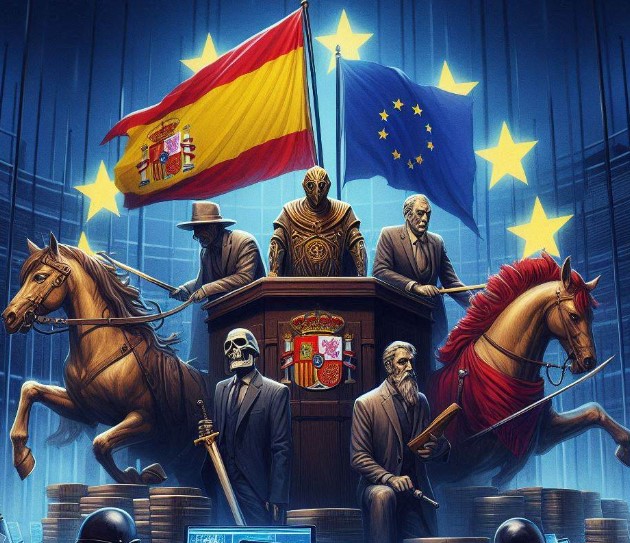The countries against which legal action is being taken are the Czech Republic, Spain, Cyprus, Poland, and Portugal. According to the European Commission, these member states have either failed to appoint a national Digital Services Coordinator (DSC) or have not granted these bodies the necessary powers to enforce the Digital Services Act (DSA).
Furthermore, none of the five countries have established penalties for violations of the regulation, as required by Brussels.
“The DSA requires Member States to designate one or more competent authorities for the supervision and enforcement of the DSA and to appoint a national DSC by February 17, 2024,” the Commission stated in its press release. “Member States are also obliged to grant their DSCs the necessary powers to carry out their tasks under the DSA.”
Poland has been criticized for not appointing or empowering a national coordinator. While the Czech Republic, Spain, Cyprus, and Portugal have established such bodies, they have not given them the legal powers necessary to fulfill their duties.
The European Commission emphasizes that the DSA, which entered into force in 2022, aims to create a safer and more transparent online environment. Large platforms and search engines will be required to combat illegal content, protect user privacy, and address public security risks.
Critics, however, argue that the DSA could go too far by encouraging platforms to excessively remove content, which could undermine free expression. Smaller platforms could be disproportionately burdened while reinforcing the dominance of Big Tech. Furthermore, user privacy is jeopardized by the required data access for regulators.
Opposition to the regulation resonated with both libertarian politicians in Europe and Republicans in Washington, D.C. In February, Chairman of the U.S. House Judiciary Committee Jim Jordan sent a letter to European Commissioner for Technology Henna Virkkunen expressing his “grave concern about the impact of the DSA’s censorship provisions on free speech in the United States.” He argued that overregulation from Brussels would create a “de facto global censorship standard,” as social media platforms typically use uniform content moderation policies for worldwide application.
Elon Musk, owner of X, has also spoken out about the bureaucratic nature of the DSA and its overzealous approach to content moderation. Former U.S. President Donald Trump described the fines Brussels imposes on U.S. technology companies for failing to comply with the DSA as a “form of taxation.”
In Europe, Alternative for Germany (AfD) MEP Maximilian Krah argued that the DSA aims to suppress dissent, claiming the law is intended to “prevent unorthodox and creative ideas from being shared online.” Swedish MEP Jessica Stegrud warned that an excessive focus on combating disinformation and “harmful content” could endanger freedom of expression.
The Commission first launched infringement proceedings against the five countries in 2024. Letters of formal notice were sent to the Czech Republic, Cyprus, Poland, and Portugal in April, followed by one to Spain in July. Since member states have failed to comply with these requests, the Commission has referred the matter to the EU’s highest court.
If the Court rules against them, the affected countries face fines and must act quickly to comply with their legal obligations.




